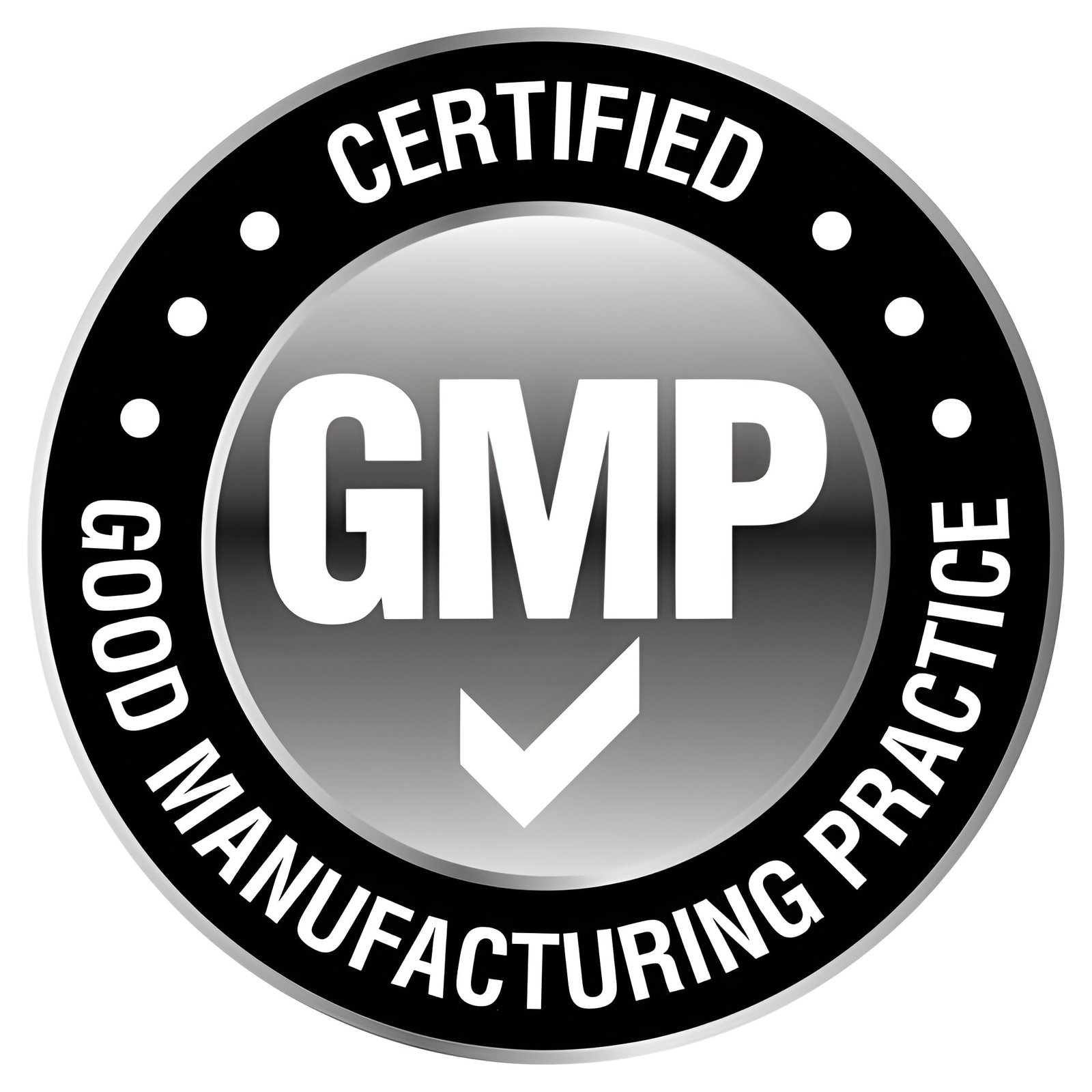When it comes to manufacturing products that impact public health—such as dietary supplements, pharmaceuticals, or food—the credibility of your production facility matters immensely. That’s where the term NSF GMP Certified Facility comes into play. This certification represents a gold standard in safety, consistency, and regulatory compliance, ensuring that products are made in a controlled environment that adheres to the strictest quality standards.
In today’s competitive landscape, consumers and regulators alike demand transparency. An NSF GMP certification not only demonstrates a company’s commitment to excellence but also provides confidence that every product leaving the facility is safe, effective, and consistent in quality.
What Does “NSF GMP Certified Facility” Mean?
Breaking Down “NSF” and “GMP” Standards
NSF stands for National Sanitation Foundation, a global organization that develops public health standards and certification programs to protect food, water, consumer products, and the environment.
GMP, or Good Manufacturing Practices, are guidelines that ensure products are consistently produced and controlled according to quality standards.
When a facility is NSF GMP certified, it means that NSF International has audited and verified that the facility complies with all applicable GMP requirements — from documentation to cleanliness to staff training.
The Role of NSF International in Public Health
NSF International operates as a third-party certification body recognized worldwide. Its mission is to improve human health and safety by setting strict standards for manufacturing and processing. Companies with NSF GMP certification demonstrate that their processes meet internationally recognized standards.
What Is GMP Certification and Why It Matters
GMP certification is crucial because it safeguards consumers from substandard or contaminated products. For supplement and pharmaceutical industries, GMP compliance is often legally required and can determine whether a product reaches the market or gets recalled.
Key Requirements for an NSF GMP Certified Facility
To earn certification, a facility must meet extensive requirements that encompass every stage of production.
Documentation and Standard Operating Procedures (SOPs)
Every process within an NSF GMP Certified Facility must be documented. SOPs outline how tasks are performed—from ingredient sourcing to packaging—ensuring consistency, accountability, and traceability.
Quality Control and Testing Standards
Facilities must implement rigorous quality checks, including raw material testing, in-process inspections, and final product verification. Any deviation triggers corrective actions to maintain product integrity.
Employee Training and Competency Requirements
All personnel involved in production must receive GMP training tailored to their specific roles. Ongoing education helps maintain compliance and minimize human errors that could compromise product safety.
The Certification Process: Step-by-Step Guide
Obtaining an NSF GMP certification involves several stages:
Pre-Audit Preparation and Internal Review
Facilities conduct internal audits to identify potential gaps. Documentation, facility layout, and hygiene protocols are reviewed before NSF’s official audit.
On-Site Audit by NSF Inspectors
During this stage, NSF auditors assess the facility’s compliance by inspecting equipment, processes, and documentation. They may also interview employees to ensure they understand GMP principles.
Post-Audit Corrections and Continuous Compliance
If any non-conformities are identified, facilities must implement corrective actions. Certification is maintained through regular follow-up audits and performance monitoring.
Benefits of Operating in an NSF GMP Certified Facility
Enhanced Product Safety and Consumer Trust
Certification assures consumers that every product meets rigorous safety and quality standards. This trust can translate into stronger brand loyalty and higher sales.
Improved Market Access and Competitive Advantage
Many retailers, distributors, and global markets require NSF GMP certification as a prerequisite. Certified facilities enjoy easier entry into regulated regions and partnerships.
Reduced Risk of Recalls and Regulatory Actions
Facilities adhering to GMP standards are far less likely to face costly recalls, fines, or reputation damage due to compliance issues.


